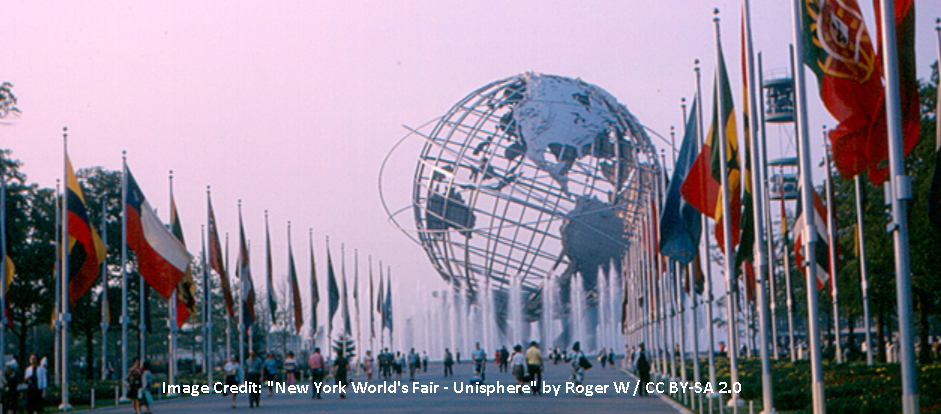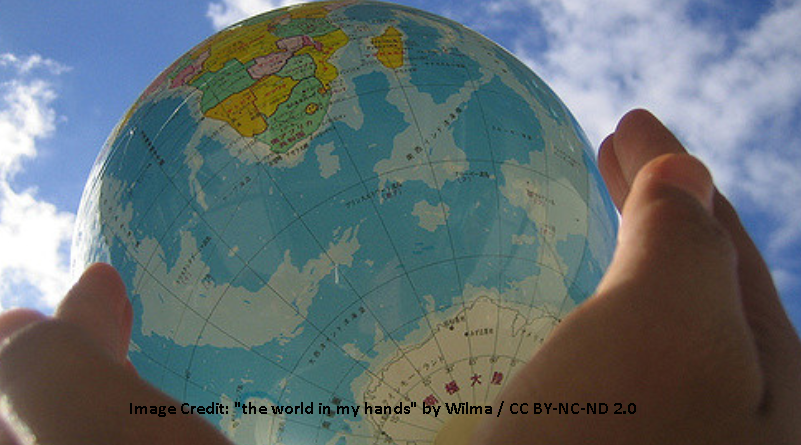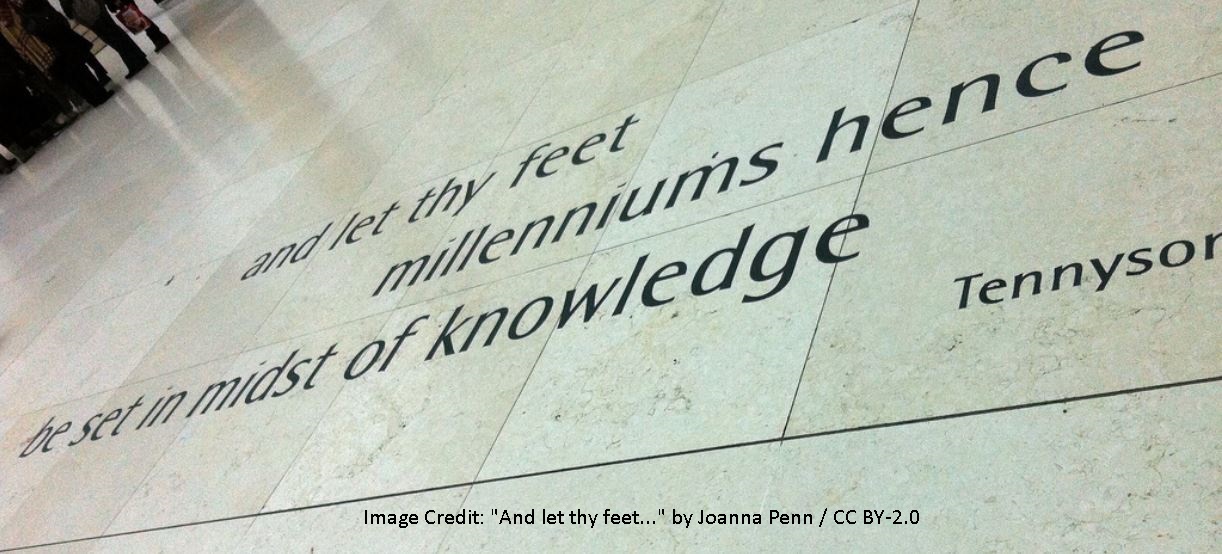Globalisation requires us to foster global citizens
Globalisation requires us to foster global citizens Patrick Blessinger and Enakshi Sengupta St. John's University (NYC), USA and American University of Kurdistan Education and lifelong learning hold the key to addressing many of the world’s problems. Of course, education alone is not a sufficient condition for resolving these problems, but it is a necessary one, for it is within the fertile soil of humanistic education, grounded in democratic principles and universal human rights, that the seeds of political, economic, social and technological development can take root and grow. Authentic humanistic education provides the catalyst for summoning forth the best about humans – their innate drive to learn and create, their capacity for empathy and compassion towards others and their remarkable ability to come together to put in place humane policies and rules by which to govern society and relations between nations. In short, education and lifelong learning provide hope in [...]




